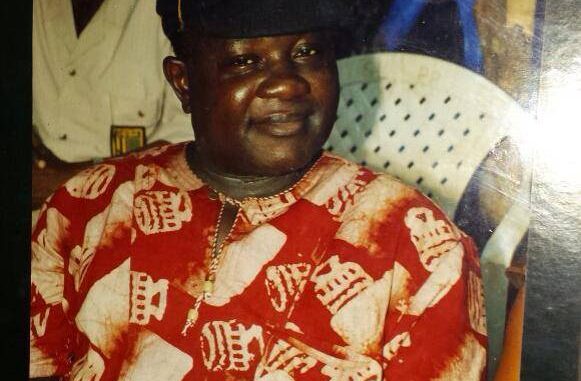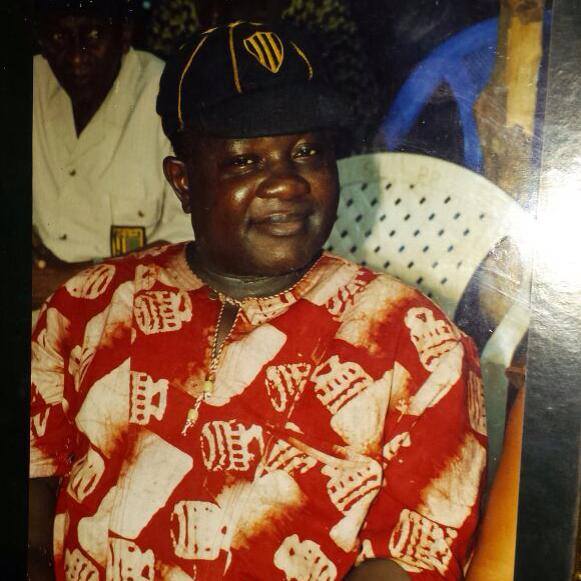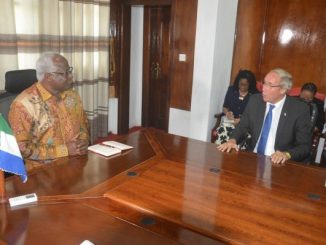
The loss of skilled medical workers has a big impact on loved ones, patients and efforts to fight the disease.
APPLETON, Wis. — No evacuation plane to the United States or Europe awaited Dr. Thomas Rogers in early December when he fell ill with the Ebola virus in Sierra Leone.
Instead, the highly trained physician struggled to be admitted to one of the few Ebola treatment centers in the West African country. After finally securing a bed, Rogers died Dec. 5, sharing the tragic course of the Ebola epidemic with his countrymen.
With the death of Rogers, nearly 10 percent of Sierra Leone’s doctors have perished from Ebola since the epidemic started in March. Among them are Olivet Buck, one of the country’s few female physicians, and Sheik Humarr Khan, who led the initial response to Ebola. Their deaths are not just personal tragedies for family and loved ones, but also a tragedy for the country in its fight against Ebola and other health problems.
I met Rogers in 2005 while in Sierra Leone as a U.S.-sponsored Fulbright Scholar to research humanitarian aid projects.
In this early postwar period, U.N. peacekeepers still patrolled the country and emergency medical workers or charity hospitals provided most modern health care.
Trained in Germany, because no advanced medical training could be had in Sierra Leone, Rogers served as one of a small number of specialists in chronic diseases.
He stayed abroad during the war, but returned to his native land once peace had been secured, giving up positions in Europe that paid far better for the challenging conditions of practicing medicine in Sierra Leone, one of the poorest countries in the world.
In Freetown, Sierra Leone’s vibrant and crowded capital, Rogers practiced in a storefront office on a busy commercial street.
His dimly lit first-floor office had several small rooms; one was used as a waiting area and another as a clinic for minor surgery. Rogers dispensed cheery advice as well as the few medicines then available, and even walked patients to the door to wave goodbye.
As conditions in Sierra Leone improved, the U.N. peacekeepers and emergency workers left, but Rogers continued to work out of his clinic and took on a position at a major public hospital.
During my subsequent visits to Freetown with volunteer groups from Lawrence University, Rogers took time from his busy schedule to meet my pre-med students. An expert in chronic diseases, Rogers was able to share his traditional style – he made house calls – and knowledge of the health issues facing his people.
His study of diabetes, an increasingly common disease among people in Africa’s cities, made his expertise rare and valuable for his patients. The students saw the reality of medical care in Sierra Leone as they watched him care for so many without access to high-tech equipment.
As a physician in Sierra Leone, Rogers was one of an elite few. According to the World Health Organization, the United States has 245 doctors per 100,000 people; Sierra Leone, in contrast, has only two.
While there is widespread agreement that poor health-care systems are a key contributor to the Ebola epidemic, it should be clear that this inadequacy is not because of a lack of dedication among health care professionals. When Ebola spread to Sierra Leone in March, Rogers continued to treat his patients, despite the risks shared by all medical workers. According to the World Health Organization’s report this month, of the 6,388 people who died of Ebola in West Africa, 349 of them have been health care professionals.
Even as new cases decline elsewhere in West Africa, Ebola continues to spread in Sierra Leone, the country’s response hindered by the tragic loss of its most trained medical personnel.
The death of Rogers should remind us that the fight against Ebola is a personal one, conducted at great cost.
In order for this battle to be won, others will need to step in to fill the void left by the passing of Rogers and his fellow physicians in Sierra Leone.





Leave a Reply